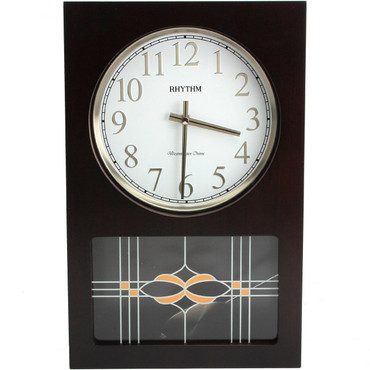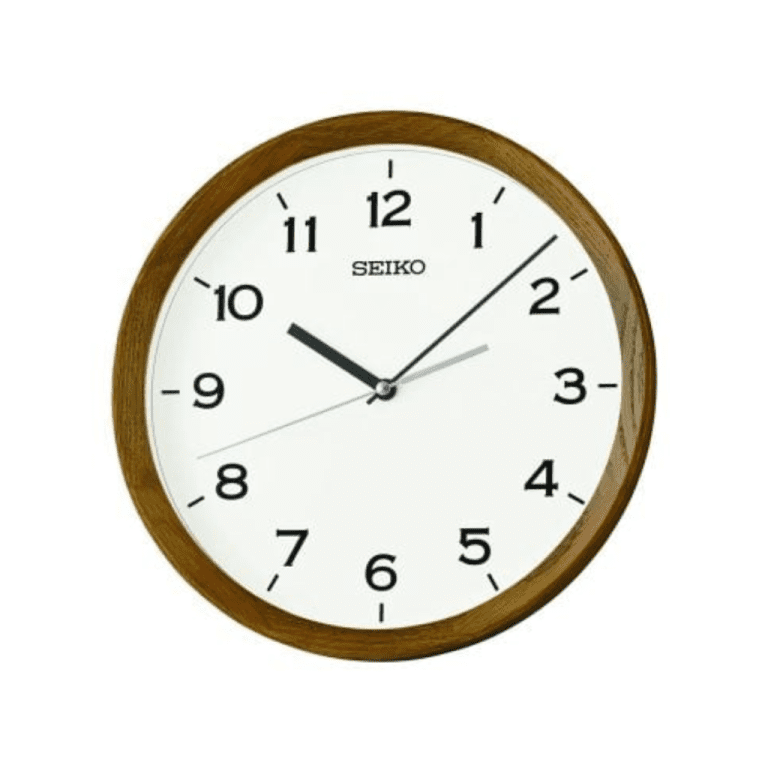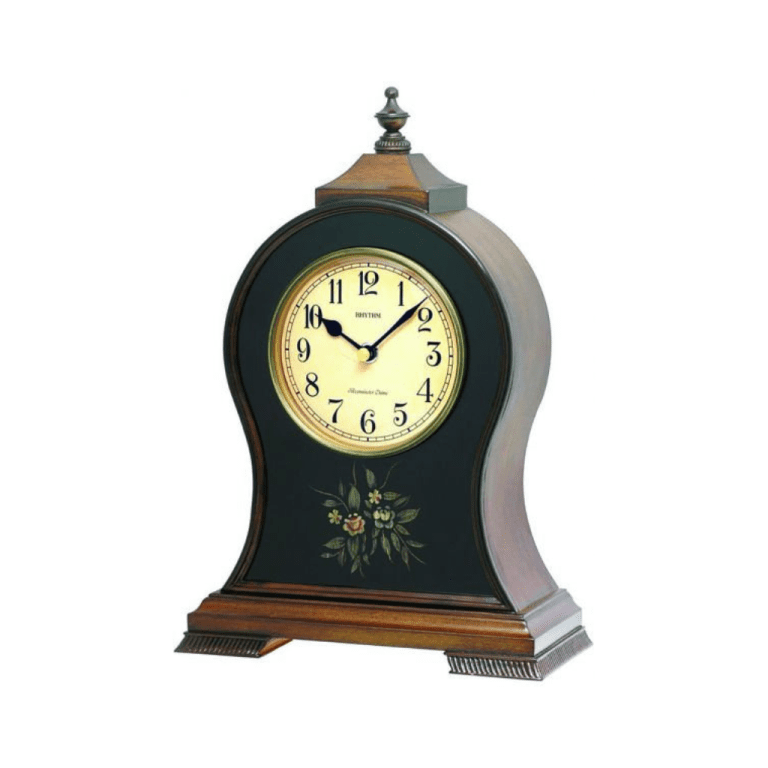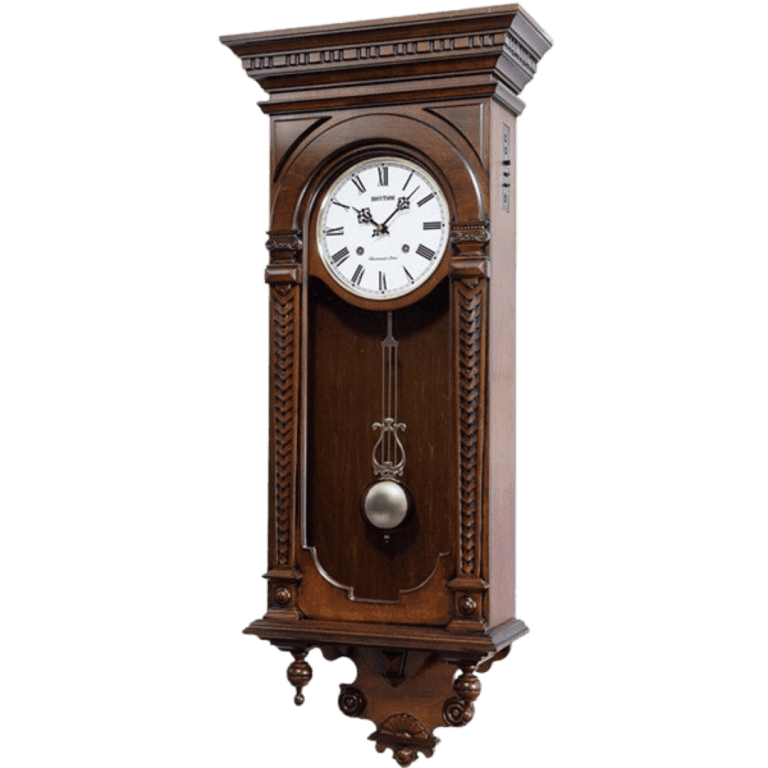Time is a big part of every child’s day. Many children learn best through concrete, hand-on experiences; grasping the abstract concept of time can be a challenge.
Parents can find the first few years of a child’s life frustrating as their child has little or no concept of time. It can take years for children to grasp the concept of elapsed time and many years of schooling to master reading an analog clock—which is understandable! Imagine a child studying a clock with the big hand on the three and little hand on the five, who is then told the time is a quarter past five. ‘How does a three and a five make a quarter?’, she might puzzle. ‘And what is a quarter anyway …?’
Understanding the concept of time and being competent at telling the time are real-life necessities that require maths, reading and language skills.
For children in preschool, numerical times have little meaning compared with times of day, such as ‘lunchtime’, ‘playtime’, and ‘home time’. Children of this age begin to learn the days of the week and may even distinguish between a weekday and the weekend. The language of time, such as ‘yesterday’, ‘today’ and ‘tomorrow’, may be used—often without accuracy.
Giving your class an account of the day ahead will help students learn their daily routine and also begin their understanding of the sequence of time; ‘First we will have reading and then, after recess, we will do music. After lunch, there will be free play until home time etc.’ It will also reinforce the language of time connectives—before, after, now, then, next etc.
To help younger children grasp elapsed time, sit and watch a clock and let them see the second and minute hands travelling around it. Say things such as, ‘When the big hand is on the twelve, we will have sat here for one minute’.
Reading an analog clock may take school-age children many years to master. Understanding that the numbers on a clock represent a fraction of 60 minutes will take time and lots of practice! Once they are competent at reading analog clocks, along comes 24-hour time, timetables, daylight savings time and time zones. So it is best to start discussing and teaching time at an early age.
No matter what their age, children will benefit from learning about time. Here are some activities to help introduce and reinforce the concept of time.
Credited to: https://www.ricpublications.co.za/














